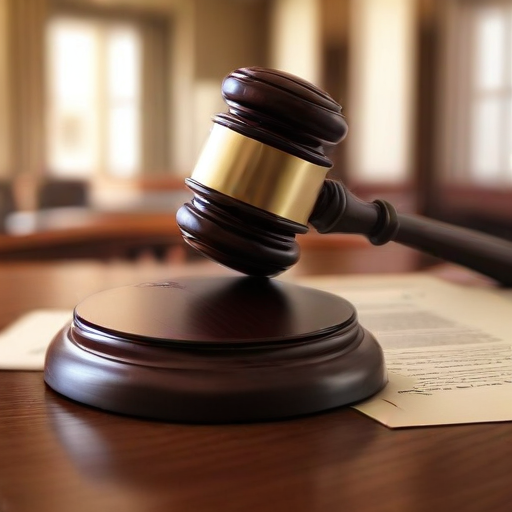The confirmation hearing for Pam Bondi as attorney general of the United States commenced on January 15, with significant concern raised by The Leadership Conference on Civil and Human Rights regarding her suitability for the role. As the largest civil rights coalition in the country, they emphasized the importance of having an attorney general who is dedicated to protecting the civil rights of all Americans, especially given the current threats to multiracial democracy.
Ranking Member Dick Durbin highlighted the critical nature of the attorney general’s position, asserting that this role has a profound impact on the day-to-day lives of Americans. He argued that any nominee must prioritize the Constitution and the interests of the American people over political agendas.
During the hearing, Bondi’s lack of commitment to civil rights was evident. She repeatedly refrained from acknowledging Donald Trump’s loss in the 2020 election, leading to concerns from various senators about her ability to uphold justice fairly. Senator Richard Blumenthal expressed distress over her non-responses, especially when she avoided directly saying that Trump lost.
Furthermore, Bondi was criticized for her comments regarding the 2020 election and the events of January 6, 2021. Her assertion of a “peaceful transition of power” was challenged, given the violent insurrection that occurred. Her inability to denounce Trump’s inflammatory statements, particularly regarding immigration, and her vague responses about various civil rights issues raised alarms about her potential impact on the Department of Justice (DOJ).
Senator Amy Klobuchar questioned Bondi on her record concerning reproductive rights, particularly her commitment to the Freedom of Access to Clinic Entrances Act. Bondi’s evasive responses and past actions, such as her involvement in lawsuits against the Affordable Care Act, further solidified doubts among the senators regarding her commitment to protecting the health care rights of all individuals.
Concerns were also raised regarding federal voting rights, as Bondi failed to provide clear statements on whether she would advocate for robust protections for voters. This was coupled with her refusal to express that those involved in the January 6 insurrection should not be pardoned, raising questions about her willingness to uphold the law impartially.
Senators highlighted her long-standing allegiance to Trump and his administration, urging caution about her potential to politicize the DOJ. Critics have pointed out that her previous involvement with America First Policy Institute could compromise her ability to independently execute the responsibilities of the role.
In summary, Pam Bondi’s confirmation hearing underscores the complexities surrounding her candidacy for attorney general, revealing deeply rooted concerns about her commitment to upholding civil rights and her independence from a politicized agenda. The outcome of her nomination has the potential to shape the enforcement of civil rights laws in America.
A positive spin on the situation is that these discussions reveal the critical importance of civil rights in the current political landscape, highlighting the vigilance required to ensure that the values of justice and equality remain at the forefront of government action. The scrutiny faced by nominees reflects a robust democratic process, ensuring that those in power are held accountable for their past actions and future commitments.
